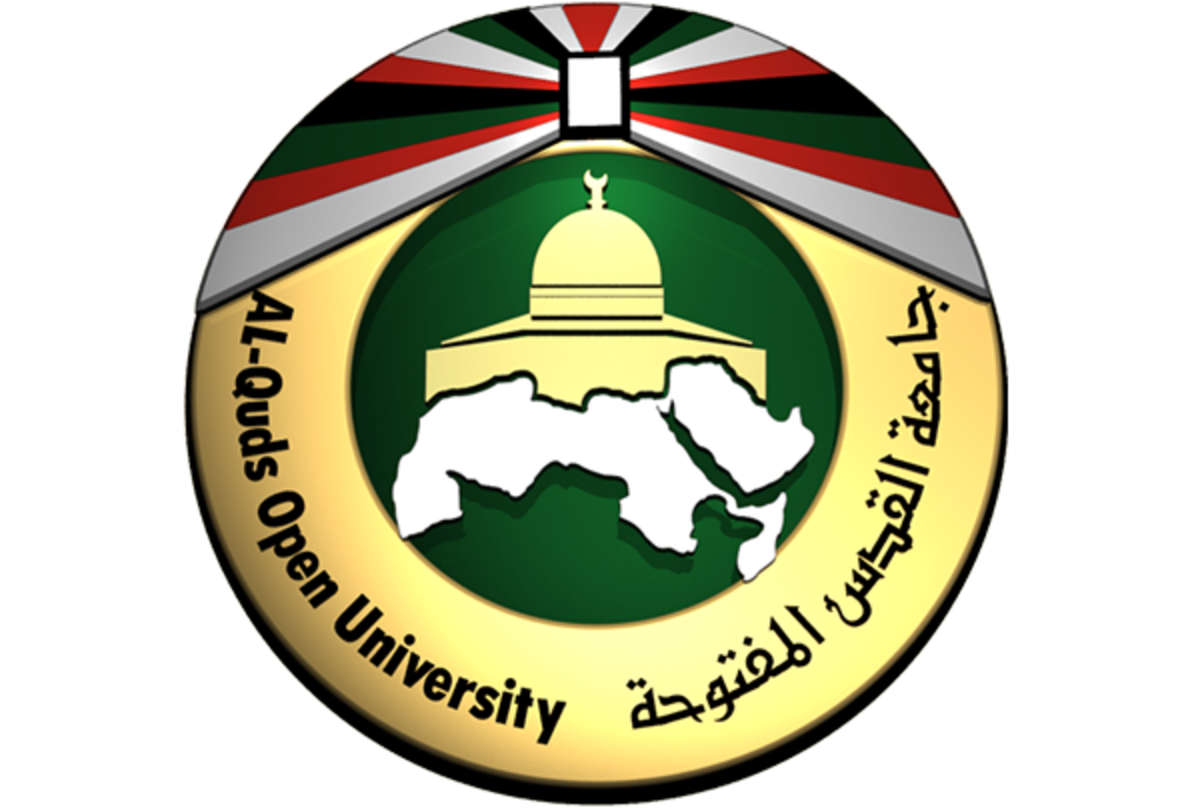Journal of Al-Quds Open University for Educational & Psychological Research & Studies

Abstract
The study aimed to explore the effectiveness of a counseling program based on existential theory to improve the quality of life and attitudes towards marriage on a sample of blind people in the city of Irbid. The study sample consisted of 32 blind people chosen intentionally from Ahl al-Azm Association. The sample was divided randomly into two equal groups: Experimental group and control group. The results indicated statistical significance at α = 0.05 in the quality of life and attitudes towards marriage for the experimental group in comparison with the control group on the total score and all dimensions of attitudes toward marriage and quality of life scales at all factors. The results also revealed a statistically significant difference in α = 0.05 in the quality of life and attitudes towards marriage between the post and the follow-up tests in favor of the follow-up test for the experimental group. Moreover, the results showed that there were no statistically significant differences at α = 0.05 in quality of life and attitudes toward marriage due to gender between the mean performance of the experimental group by gender on the quality of life and attitudes towards marriage.
Recommended Citation
Alhammouri, Raad Ali and Al-Shawashereh, Omar Mustafa
(2021)
"The Effectiveness of a Counseling Program Based on Existential Theory to Improve the Quality of Life and Attitudes Towards Marriage on a Sample of Blind People in the City of Irbid,"
Journal of Al-Quds Open University for Educational & Psychological Research & Studies: Vol. 12:
No.
34, Article 19.
Available at:
https://digitalcommons.aaru.edu.jo/jaqou_edpsych/vol12/iss34/19

